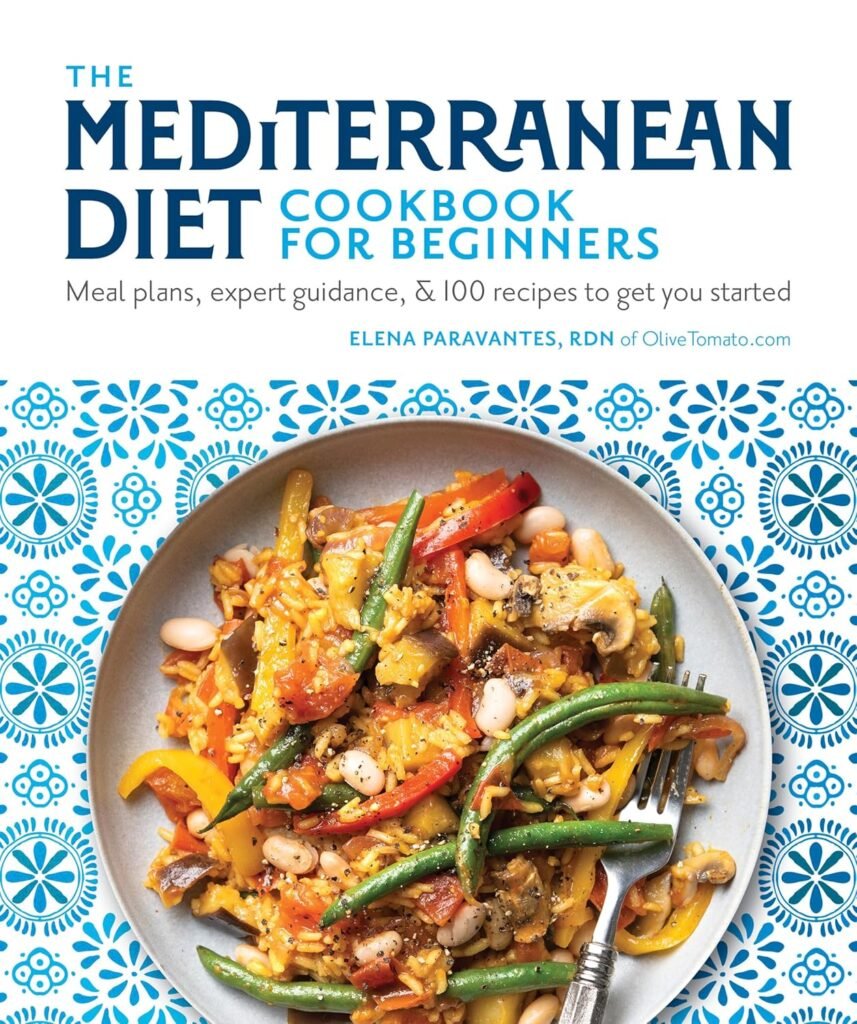Your cart is currently empty!

Benefits of Olive Oil
Olive oil has long been hailed as a staple ingredient in the Mediterranean diet, and it holds a special place in the Blue Zones, where people live remarkably long and healthy lives. These regions, including areas of Greece, Italy, Spain, and other Mediterranean countries, have gained worldwide attention due to their high concentration of centenarians and low rates of chronic diseases. The prominent role of olive oil in their diets is considered one of the key factors contributing to their exceptional health and longevity.
The Health Benefits of Olive Oil
Olive oil is not only a delightful addition to a variety of dishes but also provides numerous health benefits. It is rich in monounsaturated fats, which are considered heart-healthy fats that can help lower bad cholesterol levels and reduce the risk of heart disease. Olive oil is also a great source of antioxidants, particularly vitamin E, which can protect against oxidative stress and inflammation.
Olive Oil in Blue Zones
In Blue Zones, olive oil is not simply an ingredient used for cooking; it is a way of life. It is incorporated into meals, drizzled over salads, used in dressings, and even enjoyed by itself with a piece of crusty bread. The consumption of olive oil in Blue Zones is an essential element that contributes to their longevity and overall well-being.
1. Promotes Heart Health
Olive oil has been found to have a positive impact on cardiovascular health. The monounsaturated fats in olive oil help to reduce bad cholesterol levels and increase good cholesterol levels, ultimately benefiting heart health and reducing the risk of heart disease.
2. Provides Anti-Inflammatory Effects
Chronic inflammation is associated with numerous diseases, including heart disease, cancer, and neurodegenerative disorders. The antioxidants found in olive oil, such as polyphenols, have been shown to possess anti-inflammatory properties, potentially reducing the risk of these conditions and promoting overall well-being.
3. Supports Brain Health
The consumption of olive oil has also been linked to improved cognitive function and reduced risk of cognitive decline. The antioxidants present in olive oil may help protect brain cells from oxidative stress, which can contribute to age-related cognitive impairment.
4. Enhances Digestive Health
Olive oil promotes smooth digestion, aids in nutrient absorption, and may protect against gastric ulcers. Its healthy fats and antioxidants support gut health and help alleviate symptoms of digestive disorders.

How to choose the right olive oil?
When choosing olive oil, it’s essential to consider several factors to ensure you’re selecting a high-quality product that best suits your culinary needs. Here’s a guide to help you make the right choice:
Types of Olive Oil
There are different types of olive oil, each with its own characteristics and best uses:
- Extra-Virgin Olive Oil: This is the highest quality and most flavorful olive oil, extracted from the first cold pressing of the olives. It is best used for drizzling over finished dishes, salad dressings, and low-heat cooking.
- Virgin Olive Oil: Slightly lower in quality compared to extra-virgin, virgin olive oil is suitable for cooking at low to medium heat and has a milder flavor.
- Pure Olive Oil: This type is a blend of virgin and refined olive oil, making it suitable for high-heat cooking, such as sautéing and frying. It has a more neutral flavor.
- Light Olive Oil: Despite the name, “light” refers to its mild flavor rather than a reduced calorie content. It is suitable for baking and high-heat cooking.
Quality Indicators
Look for the following indicators of high-quality olive oil:
- Dark Glass or Opaque Bottle: Protects the oil from light exposure, which can cause it to degrade.
- Harvest Date: A good olive oil should have a harvest date or “best by” date to ensure freshness.
- Certification: Seek certifications such as “COOC Certified Extra Virgin” (California Olive Oil Council) or “DOP” (Protected Designation of Origin) for European oils, as they indicate adherence to quality standards.
Flavor Profile
Consider the flavor profile that best complements your dishes. Some olive oils have a robust, peppery flavor, while others are milder and fruitier. Experiment with different varieties to find your preferred taste.
Intended Use
Choose the type of olive oil based on its intended use. For instance, extra-virgin olive oil is ideal for dipping bread, finishing dishes, and making salad dressings, while refined olive oil is suitable for high-heat cooking methods.
Source and Authenticity
If possible, opt for olive oil sourced from reputable producers or regions known for high-quality production, such as those within the Mediterranean. Be wary of counterfeit or diluted products, and consider purchasing from trusted suppliers.
By considering these factors, you can make an informed decision when selecting olive oil for your culinary endeavors.
Hello,
I’m Jurgita

Welcome to my cozy corner of the internet dedicated to Food and Wellbeing! I invite you to join me on an exciting journey of discovering new recipes and balance for healthier lifestyle.
Let’s connect!
Here are the books I recommend if you are interested in health and recipes!









Leave a Reply